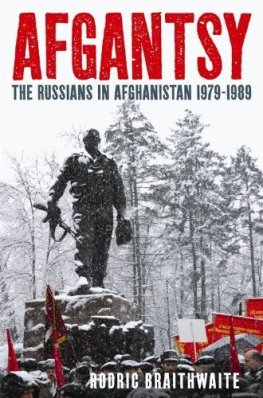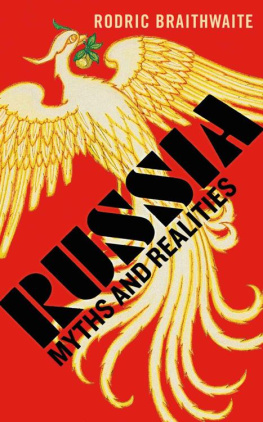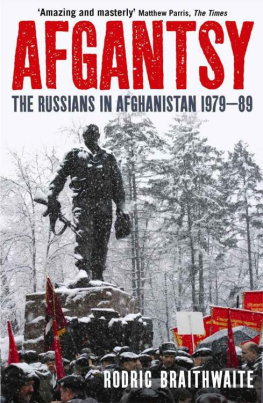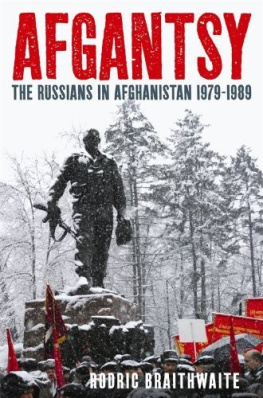Chapter
One
A S THE UNDERGROUND TRAIN rocked gently on its way I wondered what would happen if I suddenly shouted to my fellow passengers, Would any of you like to foster a little boy? Theyd probably think me mad. Even as a joke I wouldnt have the courage to disturb the heavy quiet, broken only by the occasional quick rustle of a newspaper held in such a way that the effect of semi-detachment was continued along the rows of seats. The fact that elbows touched gave no one the right to glance at his neighbours paper.
The only reading matter I had was the thick file of case-histories in my briefcasenot appropriate reading for the Underground. I was on my way to discuss one of the cases with a London County Council Welfare Officer at her office in the North London Area. A tough case, but, after all, that was why I was appointed to the job, to deal with the tough ones.
After nearly nine years as a schoolmaster in England, I had been seconded from the London County Councils Department of Education to their Department of Child Welfare, to help and advise on the many problems created by the heavy post-war influx of immigrants into Britain from the West Indies, India, Pakistan and other Commonwealth regions. Although I had had no formal training in Welfare work, I had been rather active, for some years, among many immigrant groups in different parts of London, encouraging their efforts to promote self-help schemes of one sort or another. Apparently, some of these extracurricular activities attracted some notice to themselves and it was considered that I had the kind of experience and continuing contact with West Indian and other immigrant groups which fitted me for the job.
Operating from a centrally situated Welfare Office, I was available to all the Area offices for consultation with the Councils Child Welfare Officers who might need help and advice in their dealings with members of the immigrant groups and their children, and to assist in the search for foster or adoptive parents for the increasing number of non-white children who, for a variety of reasons, and either temporarily or permanently, came into the care of the Councilespecially the hard-core cases, children who, year after year, remained in the Councils Nurseries or Childrens Homes, without any real hope of ever experiencing the warmth of family life. It was hoped that I might have some success with these cases, and though I did not quite agree with the premise on which this hope was based, I was determined to do my best.
Miss Coney was neat; that was the word that came into my mind as we exchanged pleasantries in her office. Everything about her person was neat and orderly; the short, grey-streaked brown hair, trimmed close to her well-shaped head, and the slim, well-proportioned figure in soft tailored tweeds. She was of medium height, her face small-boned, with well-balanced features, and a surprisingly full mouth which would surely have looked sensual with the least touch of lipstick. Her hands were long-fingered, and relaxed, reflecting the confidence she felt in herself, her assured control of whatever the situation would be.
I asked her for some details of the background of Roddy Williams, the young boy whose case I had come to take over from her.
Ah, yes, she replied. Rodwell Williams. Her voice was clear and precise. I noticed that she said Rodwell. She took a slim folder from a pile on her desk and went on .
Not very much on him, Im afraid. You know about his parents?
I opened my briefcase and took out the case file on Roddy Williams. Not much there.
Name: Rodwell Clive Williams
Age: 4 years
Sex: Male
Race: Coloured. Half-Mexican
Father: Unknown. Thought to have been a United States Service man, probably of Mexican origin.
Mother: Angela Williams. Present whereabouts unknown. Thought to be a prostitute.
Status: Available for fostering or adoption.
Remarks: Abandoned in Holydene Hospital soon after birth and has since lived in Franmere Residential Nursery. A hand some, intelligent, happy child.
Welfare Officer in Charge: Miss L. Coney. North Central Area.
It is recorded that his father was unknown, but theres some suggestion that he may have been a Serviceman.
We dont know for sure, Miss Coney clasped her hands together, but I think the mother hinted to the hospital almoner that he was an American.
And the mother? I said.
Soon after the child was born she abandoned him in hospital. The hospital almoner got in touch with us and I went round to the address she had given, in Paddingtonone of those old buildings now converted to rooming houses.
She had just got out of bedat eleven oclock in the morningand from the state of the room it was not too difficult to guess what she was up to. She claimed that she had been unwell, and promised to visit the child the following daybut she never turned up.
I called again at the address in Paddington, but she had moved and we were unable to trace her. Even the police helped us in trying to find her, but without success. So, the child was removed to the Childrens Nursery, where hes been ever since. About two weeks ago she turned up here asking to see me, but I was away on leave, didnt get back till yesterday. Perhaps shell come again.
Did she leave an address or telephone number?
Yes, here it is, she consulted a pad on her desk, and would you believe it, its the same place where she lived before.
Fine, I said, I think Ill drop around there and have a chat with her.
Thats if shes there. These fly-by-nights are always on the move, you know. I wonder what she wants. Pregnant again, perhaps. Her lip curled in a fleeting expression of distaste.
I asked if there were any further information on the father. Nobody ever saw him. Miss Coney replied. The mother told the hospital people that he was an American Serviceman and thats as much as we know. It may well be that she merely picked a man at random from the many she knew.
But in his file the child is referred to as half-Mexican.
Well, when you see Rodwell you will understand. Ive been in this job for a long time and I can tell. It has to do with his colour and his hair and the shape of his nose and cheekbones. I know about these things.
She smiled confidently, secure in knowing about those things. I thought, Youd have a lovely old time in the West Indies or the United States trying to sort them out and label them Has there been any attempt so far to find a foster home for him, or have him adopted? I asked.
Oh yes, she replied brightly. Ive been trying for the past three years to have him placed, ever since the Council became his legal guardians. But with coloured children it is not an easy thing. We have to think not only of today, but what will happen when the child grows older. Now and again people have expressed interest, but theyve changed their minds when Ive explained some of the problems they would have to cope with later on.
What problems? I asked.
Well, you know, there is the problem of placing him in a family where there might be girls. After all, the children wont always be young, and we must think of what could happen in adolescence or later.










